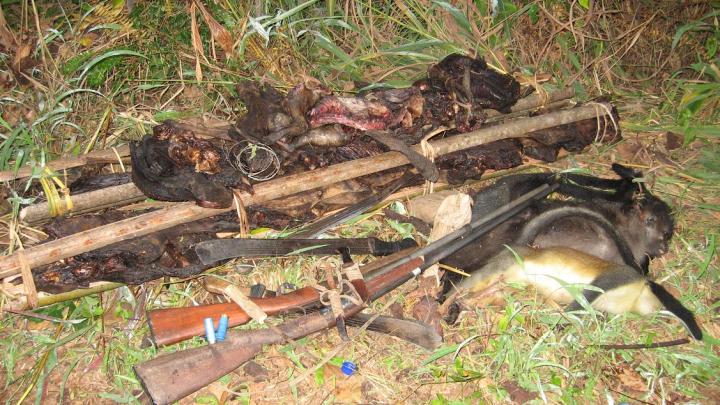
Credit: WCS
Trade of bushmeat and other wildlife for human consumption presents a unique set of challenges to policymakers who are confronted with multiple trade-offs between conservation, food security, food safety, culture, and tradition.
Researchers looked at bushmeat markets in Lao PDR and noted high contact rates between consumers and bushmeat, which could add to the risk of disease transmission.
Pursuing integrative approaches to the study of bushmeat consumption is essential to develop effective and balanced policies that support conservation, public health, and rural development goals.
###
Media Contact
Stephen Sautner
[email protected]
Original Source
https:/
Related Journal Article
http://dx.




